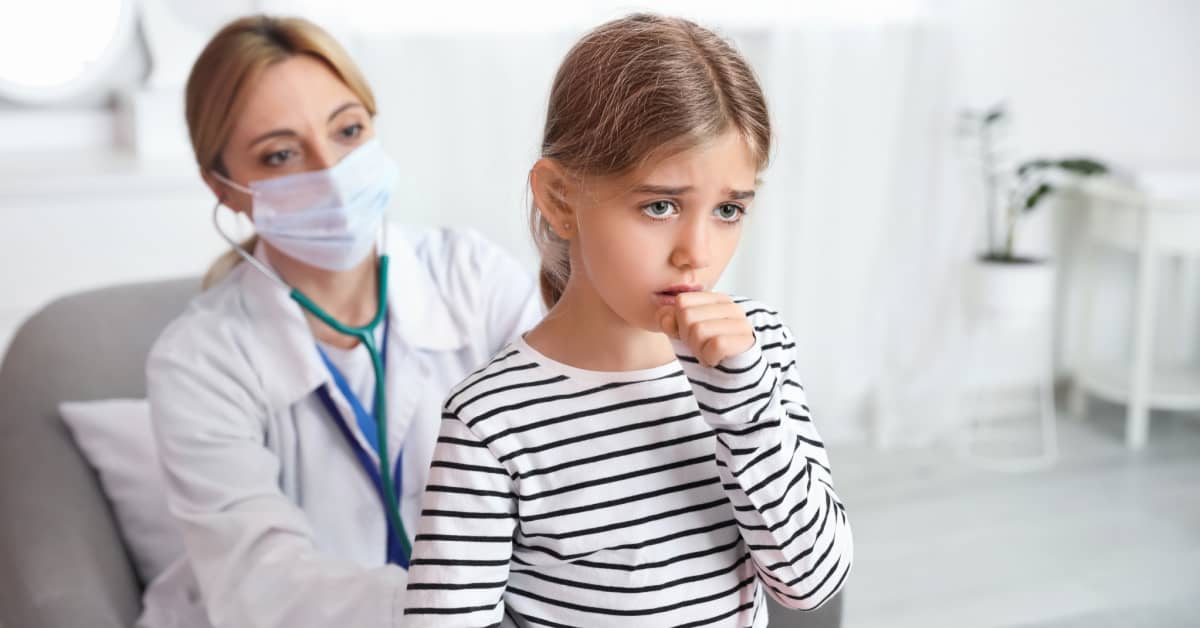When it comes to our health, we often don’t think about the little things that could be causing us problems. RSV is a virus that affects millions of people every year and can cause severe respiratory illness in infants and young children.
Despite its prevalence, there is still a lot of misinformation out there about RSV testing and symptoms. It is important to seek medical attention if your child is displaying the symptoms of RSV (See Below). RSV testing is available through your child’s doctor, and can help to confirm a diagnosis.
There is no specific treatment for RSV, but symptoms can be managed with supportive care.
Table of Contents:
- RSV Testing: The Different Options
- RSV Symptoms: What to Look For
- When to Seek Medical Attention for RSV Symptoms
- Treatment Options for Those With RSV
- Preventing the Spread of RSV
- Conclusion
RSV Testing: The Different Options
If you or your child has RSV, it’s important to seek medical attention and get a diagnostic test to confirm the diagnosis. There are several different types of RSV tests, each with its own advantages and disadvantages.
The most common type of RSV test is the rapid antigen test, which can give results in about 15 minutes. However, it is not as accurate as some of the other RSV tests and may miss some cases of RSV.
The next most common type of RSV test is the polymerase chain reaction (PCR) test, which is very accurate but can take a few days to get the results.
The last type of RSV test is the immunofluorescence assay (IFA), which is also very accurate but can take a few days to get the results.
RSV Symptoms: What to Look For
If you’re the parent of a young child, you may know that respiratory syncytial virus, or RSV, is a common illness that usually goes away on its own. But RSV can sometimes be serious, especially for babies.
That’s why it’s important to know the symptoms of RSV and when to seek medical help. Most children with RSV will have mild cold symptoms, such as a runny nose, coughing, and sneezing.
But some children may develop more serious symptoms, such as difficulty breathing, wheezing, or a rapid heart rate. If your child has any of these symptoms, it’s important to see a doctor right away.
There is no specific treatment for RSV, but there are things that can be done to help relieve symptoms and make your child more comfortable. If your child is having trouble breathing, they may need to be hospitalized and given oxygen.
In severe cases, children may need to be put on a ventilator to help them breathe. RSV is most common in the fall and winter, but it can occur any time of year.
The best way to prevent RSV is to wash your hands often and avoid close contact with people who are sick. If your child is born prematurely or has a chronic illness, they may be at increased risk for RSV.
Talk to your child’s doctor about whether they should receive an RSV vaccine.
When to Seek Medical Attention for RSV Symptoms
When to Seek Medical Attention for RSV Symptoms.
If your child is under six months old and has any of the following RSV symptoms, it is important to seek medical attention right away:
- Fast or difficult breathing. Wheezing. Blueness around the lips. Excessive drowsiness or lethargy. Irritability. Poor feeding. Severe coughing.
Older children and adults with RSV should see a doctor if they experience any of the following symptoms:
- Difficulty breathing. Severe wheezing. Persistent coughing. Chest pain. Extreme fatigue. Blueness around the lips.
Treatment Options for Those with RSV
If you have RSV, there are a few different treatment options available to you.
One option is to take over-the-counter medications, such as ibuprofen or acetaminophen, to help relieve some of the symptoms. You can also use a humidifier in your home to help keep your airways moist and to help reduce congestion.
Additionally, drinking plenty of fluids can also help to thin out mucus and make it easier to cough up. Finally, if your symptoms are severe, you may need to be hospitalized and receive oxygen therapy or other treatments.
Preventing the Spread of RSV
When it comes to respiratory viruses, RSV is one of the most contagious. It’s also the most common cause of bronchiolitis (inflammation of the small airways in the lungs) and pneumonia in children under 1.
RSV usually starts out like a common cold, with symptoms like a runny nose, congestion, and a low-grade fever. But it can quickly turn serious, especially for premature babies, young infants, and children with underlying health conditions.
The good news is that there are steps you can take to help prevent the spread of RSV.
Here are some tips:
Wash your hands often and thoroughly, especially before you interact with your child. Avoid close contact with people who are sick.
Disinfect surfaces that may be contaminated with the virus. Don’t share cups, towels, or other personal items with someone who is sick.
If your child is sick, keep them home from daycare or school until they’re feeling better. If you or your child has symptoms of RSV, contact your healthcare provider.
They may recommend a specific course of treatment, such as antiviral medication. By following these simple steps, you can help protect your family from RSV and other respiratory viruses.
Conclusion
There is no specific treatment for RSV, but symptoms can be managed with supportive care.
By understanding everything there is to know about RSV testing & symptoms, you can help ensure that you or your child receives the best possible care.
If you are experiencing symptoms of RSV, come to NextCare Urgent Care for quick and professional treatment. We can help you manage your symptoms so that you can feel better as soon as possible.
